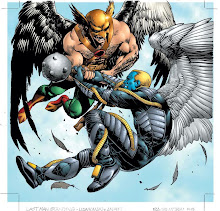
When did it start? I remember as a boy we used to watch Gigantor or Tetsujin-28 on TV before martial law.
After that, we had Speed Racer and Marine Boy.
But this was pale in comparison came 1978. That year the anime phenomenon really hit the Philippines. Chodenji Machine Voltes V was the 1st of a wave of animation from Japan that really made an impact to our culture

The 1st superrobot series which aired at GMA 7, it started a whole slew of other feature animes including Mazinger Z, Mekander Robot, Daimos, UFO Grendizer, Steel Jeeg, Balatak, Getter Robo, Danguard Ace and others.
A year later, then president Marcos for reasons that we cannot fathom during those times, declared these series unfit for air play. Then started other genres for anime to be aired here. Titles like Candy Candy, Ron Ron, Nobody's Child, Alakazam, Paul in Wonderland replaced the superrobots with fantasy and drama stories.
What started as stories cattered to male audiences began to include the female audience showing how broad anime really is.
Presently there are hundreds of anime features TV series and movies that are show here. Familiar titles as Yuyu Hakusho (Ghost Fighter) and the Gundam series

and others like Dragon Ball, Naruto and others.
After a bit more that 30 years, anime is still going strong in our country as adult and kids alike watch gleefully. Now we have tagalog versions of said animes making it more accessible to the masses.
Here's to another 30 years or more.....


